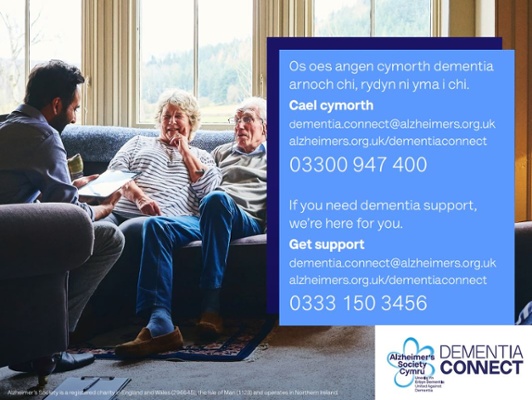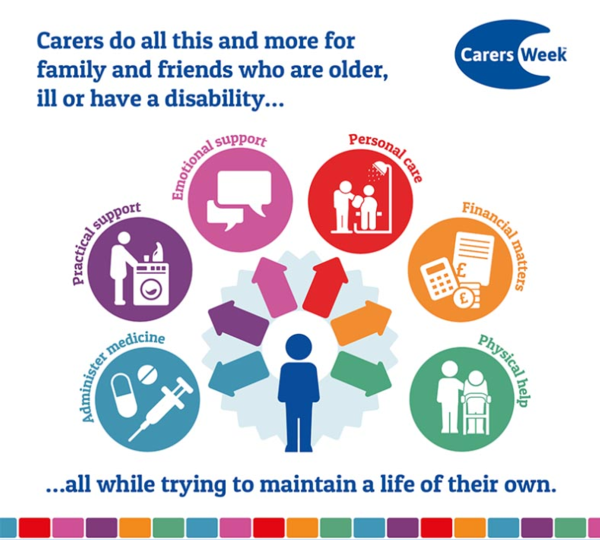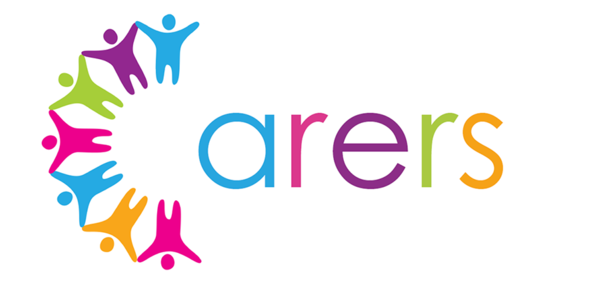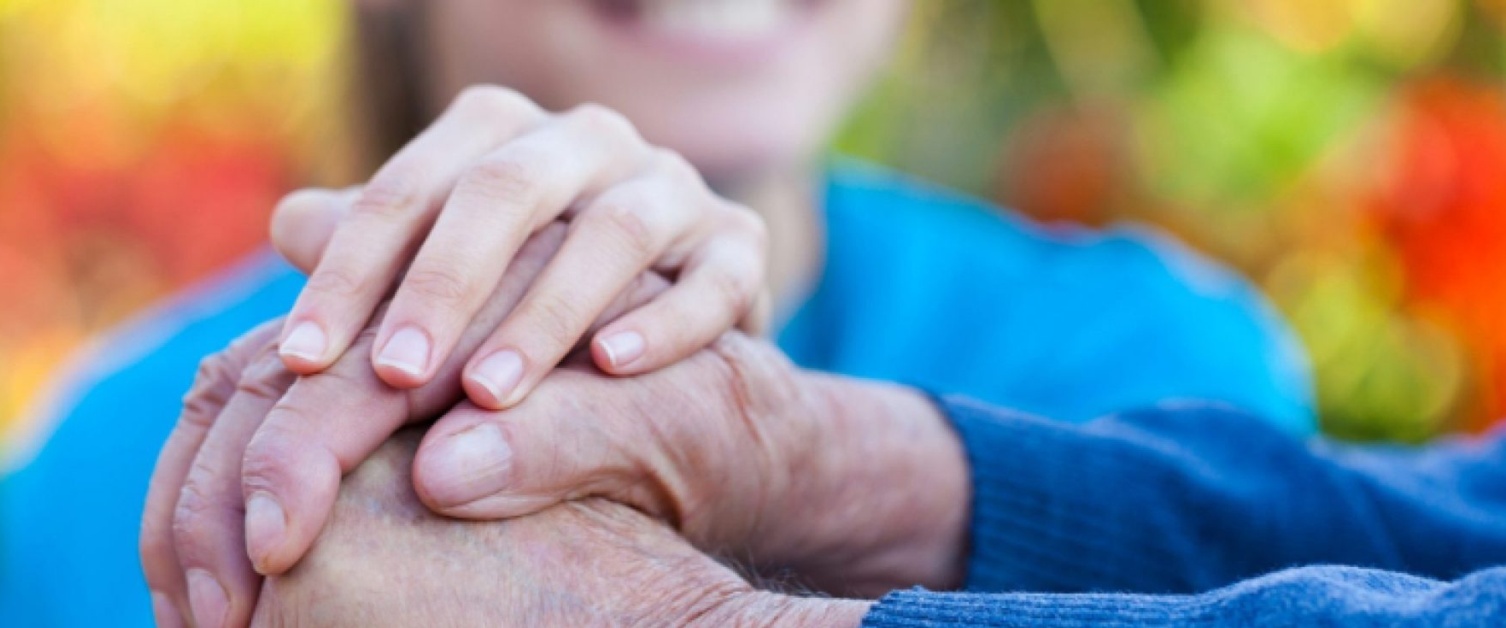As more and more of us take on the role of caring for someone, it is likely that either we are, have been, or know a carer. According to figures released from the 2011 census, there are 15,575 carers in the Vale of Glamorgan, and most of them are not accessing the support available. This represents a 12 per cent increase in the number of carers in the Vale in a decade.
If you are looking after someone, find out about your rights as a carer and where you can go for financial or practical help on the Carers UK website.
- Getting help from Social Services
- Getting help from Health Services
- Available support regarding work and leisure, money and legal matters, maintaining and adapting your home, transport, caring for someone who is terminally ill, emergencies and making a complaint.
Further information can be found at:
Carers UK - services to support you in your caring role
If you are a Carer and would like a Carer's assessment of YOUR needs:
If you are aged over 18 years, the Council's Adult Services will arrange your Carer's Assessment. If you would like further information see Carers assessment (cardiff.gov.uk)
What is a Carers Emergency Card?
It's a credit sized card that you carry at all times. In case of an accident, sudden illness or if for any other reason you are unable to return home, and the person you care for would be at risk of serious harm if left alone, it shows that you have someone who relies on you and who cannot manage without help. The card is only used when you are unable to make arrangements yourself. Social care services will hold the emergency contact details taken when you register by making a brief phone call, help can be arranged for the person you look after.
You can obtain a card or key fob by calling 029 2081 1370 or e-mailing your details to info@carerswales.org

The Practice Carer's Champion is "Jane", who is happy to help should you require any further information, a Carer's pack or ensure that you are included on the practice Carer's Register.
Do you care for someone with dementia?
A dementia diagnosis can come as a shock to the person with the condition and those around them. However, there are sources of help and support for everyone involved.
We understand that caring for someone with dementia can be very stressful and challenging and that sometimes carers can experience anxiety and depression. It's as important to look after your own health, as it is that of the person with dementia.
There is wide range of support available, from Carer's Groups, Online Groups, Memory Cafes and Day Centres. More information is available for carers of dementia at the following sites:
Dementia Connect, Alzheimer's Society's dementia support service, is free, easy to access, and puts you in touch with the right support. From local help to phone and online advice.
If you need specific coronavirus support and advice, please visit our coronavirus (COVID-19) support pages.
Alzheimer’s Society’s dementia advisers can support you directly by phone or face to face, as well as connect you to a range of local services. Click here for more information about Dementia Connect.

What can I do to reduce someone's risk of dementia?
Although getting older is the biggest risk factor for dementia, evidence shows there are things you can do to help reduce your own risk. These include keeping active, eating healthily and exercising your mind.
- Be physically active
- Eat Healthy
- Don't smoke
- Drink less alcohol
- Exercise your mind
- Take control of your health
Are you a carer for a Veteran?
The demands of caring can be overlooked but it is important to recognise the crucial role you play in helping someone else in their day to day life.
Caring within the Armed Forces veteran community, whether you are the carer or are being cared for can present some additional challenges. You may have come from a culture in the military where you have coped with severe risks and being a veteran you are accustomed to self sufficiency and sacrifice. You could be reluctant to admit any weakness because you are used to just getting on with it. There may also have been times in Service where you have been away from your family and friends and lost touch with those who could help. It is therefore important that you know where you can go for the right support should you need it.
Some veterans and their families will feel that support services are 'not for them' and that their needs won't be understood. However there is plenty of information and life-changing support available for veterans and their carers.




